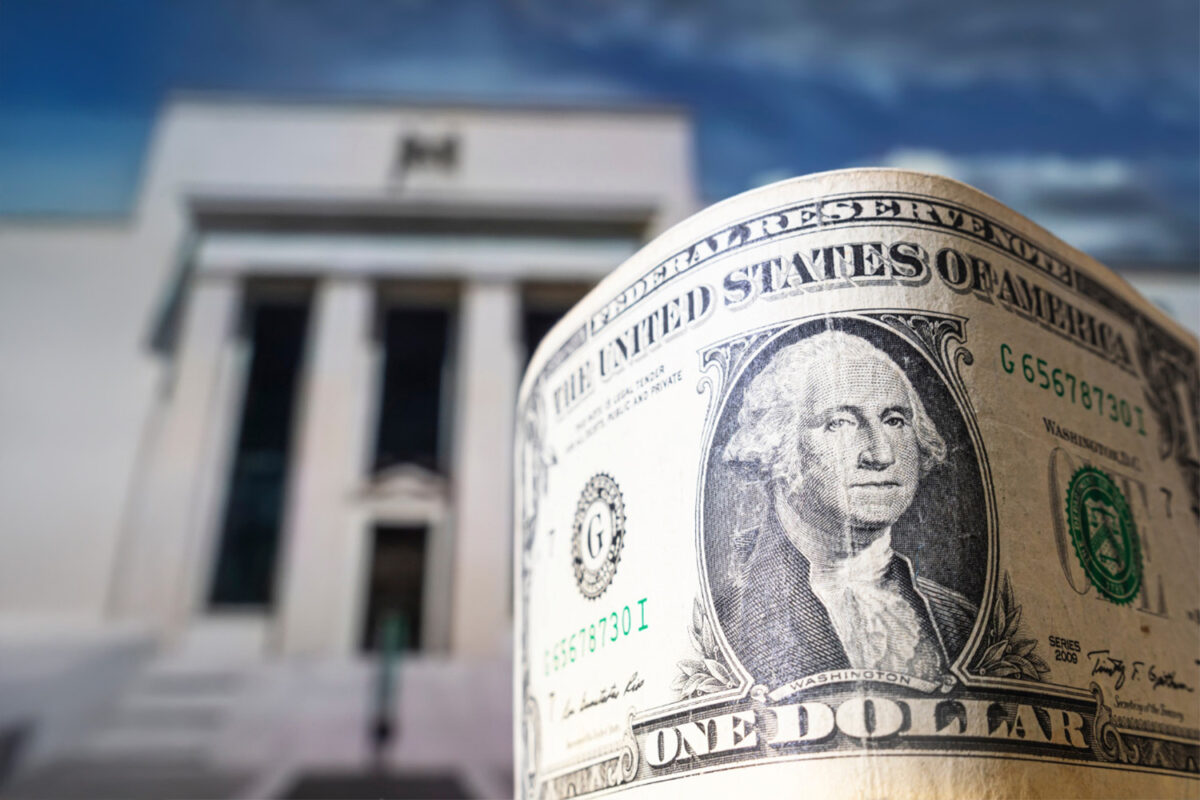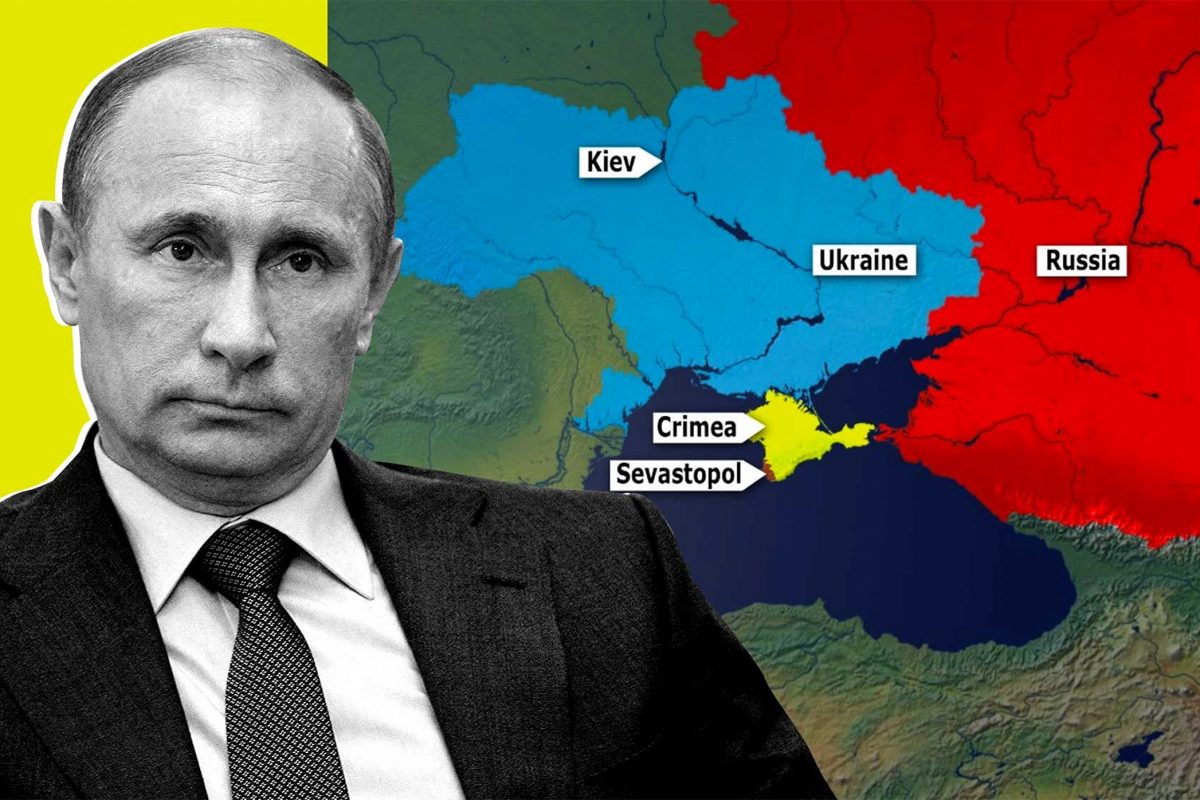The Monsanto Corporation along with 600 corporate lobbyists met in Singapore to sign the Trans Pacific Partnership (TPP) agreement. A document so discrete it has bypassed the ears of certain members of the US Congress. The TPP gives the American corporation the authority to remove GMO Labeling of foods and impose punishing regulations on local farmers which amplifies their grasp on the world’s Food Economy. [1] Monsanto’s patented genetically modified (GM) seeds comprising of roughly 90 percent of the US seed market, driving conventional seeds to near extinction.[1] Monsanto’s patented genetically modified (GM) seeds comprise of roughly 90 percent of the US seed market driving conventional seeds to near extinction.[2] Amid introduction of the “Monsanto Protection Act” under the Obama administration, synonymous relationships between corporations and the United States Department are more evident. Each with varying agendas, the agribusiness serves as a tool for the U.S to gain control over the global food economy.
Monsanto was once a chemical manufacturer notoriously known for its production of Agent Orange used in the Vietnam War for the U.S military under the chemical warfare program. Vietnamese residents have been battling birth defects for the past 40 years.[3] The agribusiness enterprise promotes Genetically Engineered (GE) crops, which they’ve claimed to increase farm productivity, increase crop yield, strengthen economic development and combat global hunger.[4] This remains to be seen as GE seeds have been ineffective in places like India. Numerous reports of mass suicides indicate farmers drinking poison…“to escape the price and failure of Monsanto’s GM seeds.” The expensive seeds lead farmers to incur loans and debt; the seeds could not cultivate to full capacity since farmers were unaware the GM seeds needed more water.[5] Due to drought and lack of water resources in India, many farmers produced low harvest and hence burdened with debt and humiliation, an estimated 200,000 farmers committed suicide. [5]
Monsanto has been able to influence democratic legislation despite large public opposition.
Monsanto bypasses many democratic procedures by having direct access and material influence on lawmakers/policy makers. The HR Bill 933, was backed by Senator Blunt and Justice Clarence Thomas of the Supreme court and signed by Obama despite the 250,000 farmers who petitioned against it.[6] Corporate lobbying is a key tool used in influencing market power and government reform by funding individual political campaigns or promoting former Monsanto employees to high positions of policymaking. For example, Justice Clarence Thomas now part of the Supreme Court was a former attorney for the Monsanto corporation. Michael R Taylor, the Food and Drug Administration (FDA) Deputy Commissioner for policy under the Obama administration wrote the labeling guidelines for rBGH (Bovine Growth Hormone) which is used in milk. Prior to his work for the FDA he worked at a law firm in partner with Monsanto for representation on rBGH issues.[6]
Without the support of nation states the wider biotech industry cannot survive, biotech policies are heavily reliant on an organized infrastructure to adopt and enforce policies to regulate the use of biotech. The Monsanto Corporation has adopted set strategies for ensuring nations continue to promote biotech as an alternative thereby maximizing profit margins and protecting their market power through legislation. Corporate lobbying is accomplished by funding campaigns of select government official. Whilst the funding of top research institutions assist in gaining support from the scientific community. According to Food & Water Watch they found that embassy outreach efforts targeted biotech industry and scientists about three times more frequently than farmers and legislators and four times more often than nongovernmental organizations or the public. [7]
Despite corporations and government working in tandem, Monsanto’s goals are mainly geared towards globalization and massive profits. The State department’s agenda is centered on the following:
-
Protect U.S. biotech exports:
The State Department aimed to “ensure that global commerce in agbiotech products is not unfairly impeded” to protect and promote an estimated $25 billion in biotech crop exports. [7]
-
Gain control over the European Union’s power hold on organic food exports in Euro-Asia, Sub-Saharan & Western Africa.
The EU remains to be the biggest blockade in the U.S controlling the global food economy. In 2011, the Office of the U.S. Trade Representative (USTR) reported that biotech crops and foods “face a multitude of trade barriers” in the European Union (EU), China, Kazakhstan, Turkey, the Ukraine and African nations.[8] In 2005, the USTR demanded that they “get the access that we think we’re entitled to in the EU market” for biotech crops.[8]
The State Department has been actively promoting pro biotech rules and laws in Africa since 2008. Africa remains hostile to GE crops due to EU’s control on food export and import to Europe and hence may block any African imports of food if EU senses collusion with Monsanto. As of now South Africa, Egypt and Burkina Faso have succumbed and the likes of Ghana, Nigeria are potential targets for the biotech industry.
-
Undermine food sovereignty of nation states and their right to determine their own food and agricultural policies.
This is prepared by positioning U.S foreign embassies to promote the biotech agenda and persuade foreign government to enact strategic policies. U.S embassies in Poland and Nicaragua launched public relations campaigns to derail anti biotech legislation. “In 2007, the State Department and the USDA worked with Turkish biotech proponents to defeat proposed legislation that threatened over $1 billion in U.S. GE crop exports.”[9]
Overall just a small picture has been painted about the modus operandi of Monsanto and the State Department but focus needs to be drawn towards the use of democratic institutions hijacking and risking the lives of individuals’ right to clean, healthy and herbicide free foods. Furthermore countries whose economies rely on agriculture and farmers to provide sustainable food are heavily at risk. The State Department has aggressively taken the responsibility to promote biotech products on behalf of the company whose agenda is to leverage the E.U in agro-economic control yet is guised as a diplomatic call for better quality in food for all countries.
[7] [4]
[8] [5]
[9] [2]






2 comments
Khilafah Boy
24th December 2013 at 6:54 pm
jzkAllah !
There should be another article on details of Trans Pacific Partnership (TPP) Agreement.
Salman AM
31st December 2013 at 5:34 am
Coming Soon inshaAllah!!